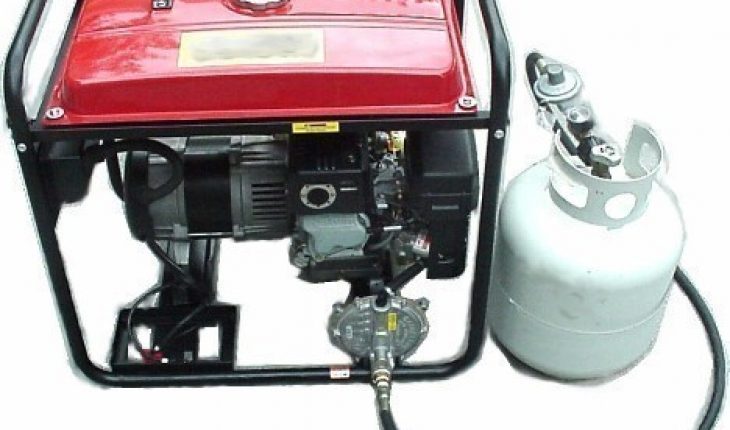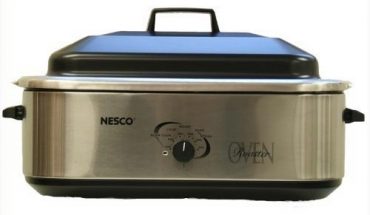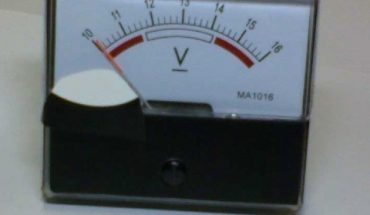In case of a power outage, it is good to have a generator at home. For businesses, it is very important because it can help them continue operations efficiently despite brownouts and blackouts. Furthermore, it can be very useful particularly during times when there are unpredictable storms and other natural calamities. In order to enjoy continuous power supply, it is good to learn how to use a generator.
Steps
Even without power outages, it is good to prepare your generator right away. This will make your life easier. It is good to be prepared rather than to act only when a power outage strikes. Before plugging things right away, determine first how much energy these appliances consume. This way, you can easily manage and budget the remaining power and energy. Check the generator for the volume of wattage that it can produce. Do not plug appliances and electronics that are more than what the generator can handle because it could lead to overloading.
Position the generator in an open area, preferably outside the house or building. Set it up away from vents, doors and windows. It is not good to use a generator within a closed garage or inside the house because the produce harmful carbon monoxide. Poisoning is bound to happen when used in an enclosed area.
It is important to keep the generator dry at all times. Try to set it up in a spot where the ground is dry. In case of snow and rain, try to set it up under an open canopy. Before starting, check if there is enough oil inside the generator. To operate smoothly and efficiently, there must be sufficient oil inside it. In case, the oil is insufficient, try to add more oil until you achieve the appropriate amount necessary.
Before plugging appliances and other electronics, be sure to use a heavy-duty extension cord, preferably one that is designed for the outdoors. Before adding fuel, turn it off first and then allow it to cool for about 10 minutes. Use only the appropriate kind of fuel to operate your generator. You can check out the owner’s manual in order to determine the right kind of fuel that is suitable for it.
When storing fuel for your generator, try to keep it inside a container that is tightly closed. After that, store it within a cool and secure area. You can search the internet for other ways to store extra fuel safely. In addition, never use a generator to power the entire house, especially if it has limited capacity.





